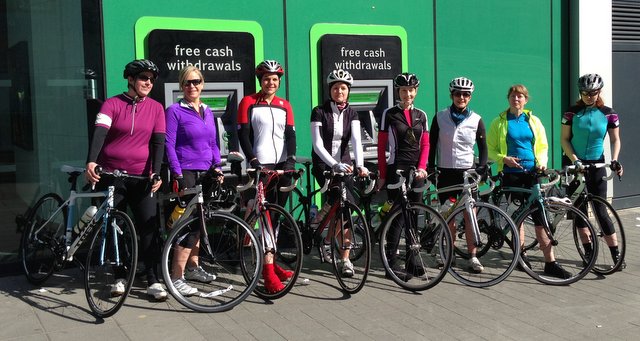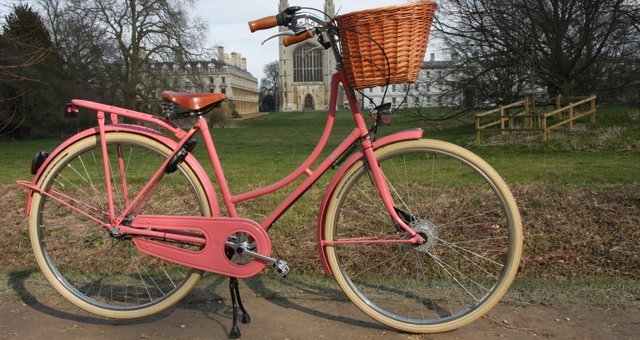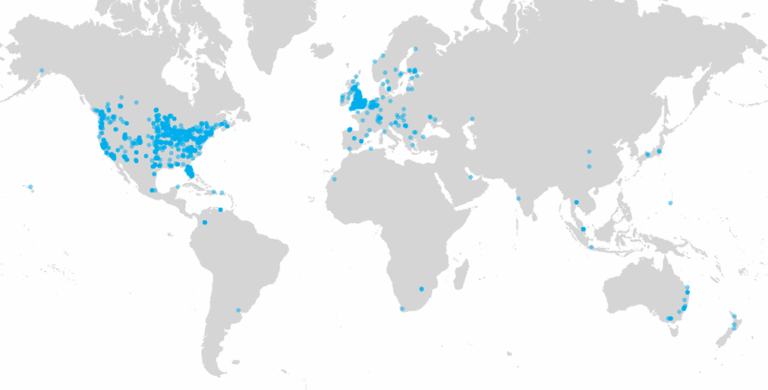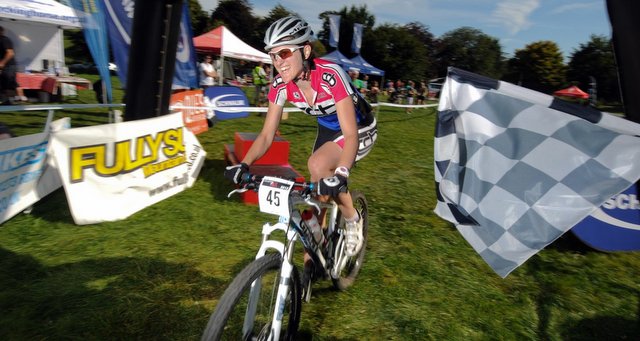
At the helm of BikeRight, the UK’s largest and most wide-ranging cycle training company is Liz Clarke, a woman who has truly changed the landscape of cycling.
We had an inspirational five minutes with Liz, who has helped thousands of people of all ages and backgrounds learn a skill for life.
My partner and I started BikeRight! because there wasn’t any cycle training for our children. We’re two women and we’re the only female cycle training company in the country, well, run by two women.
We managed to get a very small contract from Manchester City Council, who thought ‘who are these mad women?’ and it kind of snowballed from there. It was just at the time the “Shambles” report was written. So right at the very beginning, I was involved in the whole process of writing the national standard, where we started to professionalise cycle training.

The barrier for cycling today is that we have this generation of non-cyclists. So the parents of today’s children didn’t cycle. You know, people who are in their 30’s and 40’s didn’t ride, so now their children don’t cycle and it’s perceived as being dangerous, and it’s the women that make the decision. So we’ve pushed to work with women to try and change that myth really, because actually there are more children that are going to die from obesity and diabetes than there will be from accidents on bicycles. It is that perceived danger that we’ve got to address.
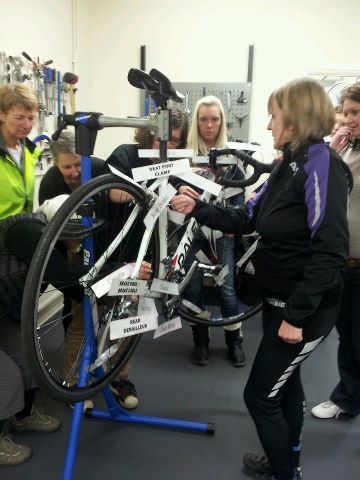
Our main focus for women are Freewheeling courses, getting people back on their bikes, teaching them to ride; it’s doing those first journeys on the road. That’s what women want, and we’re here to teach them. We get about 70% women on these courses, and we get a huge amount that cannot ride a bike. So we provide bikes, they come to our premises, we teach them and they’re allowed to have up to three free sessions.
We’ve run Freewheeling courses every other weekend in the winter, from now the sessions will be available throughout the week and every weekend. So we can pick people up on shift patterns or people that have retired. We also then run it early evening 16:00 – 18:00 and then 17:00 – 19:00 a few nights a week. Because we’re giving people a choice of when they can come and do it.

Being in a very male dominated industry was quite a big barrier in itself for us starting BikeRight! You have to learn how business and men work, and you have to be a bit more like them. My one big example, is many years ago, in a meeting, I felt like everyone was getting at me, you know, you just want to come out and cry. Then you walk out of the meeting and they’d all go ‘do you want to come for a pint?’ It’s a very different way of working, because for women we’d never do that. You learn quickly that work’s work and this is different.
I go to Majorca every year with a group of friends for pleasure. There’s quite a few women, and one of my good friends is Glynis Francis, who’s the World Masters track champion comes along and has been so influential in what we do, with an attitude of just ‘yes, we can do it’. She’s got us up all those hills in Majorca. Now she’s on a mission to get her gold medal next year when she’s 60-years-old and continue to grow Team Glow that she set up.

We did Lands End to John O’Groats (LEJOG) last year in 14 days; averaging about 70 miles a day. There were 8 women, we were quite a spectacle, because people were like ‘wow, it’s women.’ Hopefully we educated lots of people along the way. People joined us along the route, when we did between Warrington and Kendal; there were 30 odd people who did it.
We raised money for Simply Cycling; over £5,000 for an adapted bike. They’re a disability cycling project that I’m trustee of as well, so we support them in every way we can.
Women should definitely come and have some training, because we all need some training, even if you’re an avid cyclist, it doesn’t do any harm, you never stop learning what ever you do. For being safer on the road, we need to slow the traffic down in residential areas so we can get our kids out cycling.
In terms of segregated cycle lanes, I think for London, yes on certain routes. But the trouble is, if you ask anybody, where they want a cycle route, they want it from their front door to where they work, or their front door and their child’s school and we all know, that’s not viable. I rarely use cycle lanes, because they’re for people who cycle 10mph and that’s great. But once you’re part of the traffic, you’re not going to be travelling at 10mph. I think the more we educate cyclists, the more we educate drivers, they’ll realise that cyclists know what they’re doing and at the moment that’s not the case. So the drivers become nervous around cyclists.
I live in Chorlton, 5 miles from town, perfect. We’ve got some of the busiest cycle routes, as more cyclists live south of Manchester. It’s a great cycle route, but there are cars in every single cycle lane, so what’s the point, what a waste of money that is.
Never cross a junction unless you’ve got eye contact, slow down even. I think some people zoom around completely oblivious to other traffic on the road, going through red lights. Be in a prominent position, be part of the traffic. But you can’t just say to a cyclist ‘oh just cycle in the middle of the line’. Unless they have some training, they won’t know where to cycle and why they’re doing it. I mean you wouldn’t put a car driver on the road without some lessons. Saying that, I’m not into it being compulsory, but integrating it in to primary schools, like swimming was.


